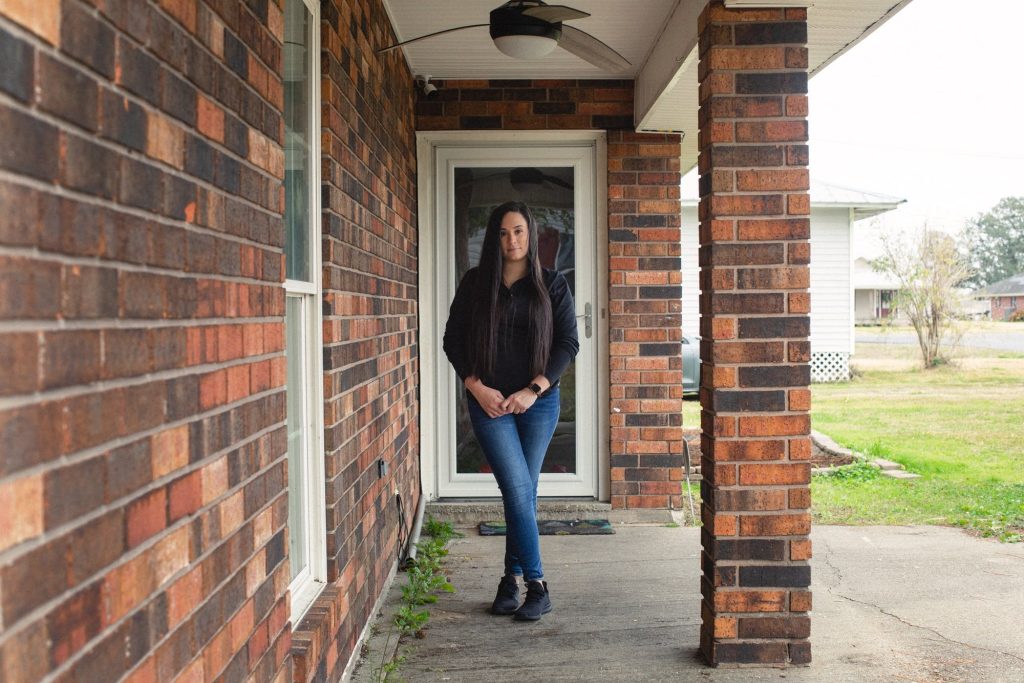As businesses strive for growth and expansion in the digital landscape, adopting scalable eCommerce solutions becomes a key factor for long-term success. Scalable eCommerce platforms are designed to adapt seamlessly to the evolving needs of businesses as they increase in size and complexity. This flexibility ensures that companies can meet the demands of growing product catalogs, larger customer bases, and more traffic, all while maintaining optimal performance and user experience. A core component of scalable eCommerce solutions is the ability to handle increasing volumes of transactions. As businesses expand, the volume of customers, sales, and products can increase exponentially. A robust platform ensures that these demands are met without compromising on speed, functionality, or security. Features such as cloud-based infrastructure, automated inventory management, and multi-channel sales capabilities are essential for scaling operations while keeping costs manageable. Another significant advantage of scalable eCommerce solutions is their ability to integrate with various third-party tools and systems.
As a business expands, the need for advanced analytics, marketing automation, customer relationship management CRM, and other software solutions grows. Scalable platforms are designed to integrate with these tools, allowing businesses to centralize their operations, enhance customer engagement, and streamline processes. These integrations enable businesses to leverage data for better decision-making and create personalized experiences for customers. Moreover, scalability extends beyond just infrastructure; it also encompasses flexibility in design and functionality. As businesses grow, their branding, product offerings, and target markets may evolve. Scalable eCommerce platforms allow businesses to modify their storefronts, add new features, and customize user interfaces without the need for extensive redevelopment. This agility helps businesses stay competitive and meet customer expectations in an ever-changing market. Security is also a critical concern for businesses looking to scale. With an increasing number of transactions, the risk of cyber threats grows, making robust security features essential.
Scalable ecommerce web design company are equipped with advanced security protocols, such as SSL encryption, fraud detection, and secure payment gateways, to safeguard both customer and business data. These security measures ensure that businesses can scale confidently without compromising on the trust and safety of their customers. Finally, one of the most significant benefits of scalable eCommerce solutions is the ability to expand into global markets. As businesses grow, they may want to reach international customers, and a scalable platform can accommodate multiple languages, currencies, and localized payment methods. This flexibility enables businesses to easily scale operations internationally and tap into new revenue streams. In conclusion, scalable eCommerce solutions provide businesses with the tools and flexibility needed to grow sustainably. With enhanced performance, seamless integrations, customization options, robust security, and the ability to expand globally, these solutions are essential for businesses aiming for long-term success in the competitive eCommerce space.


